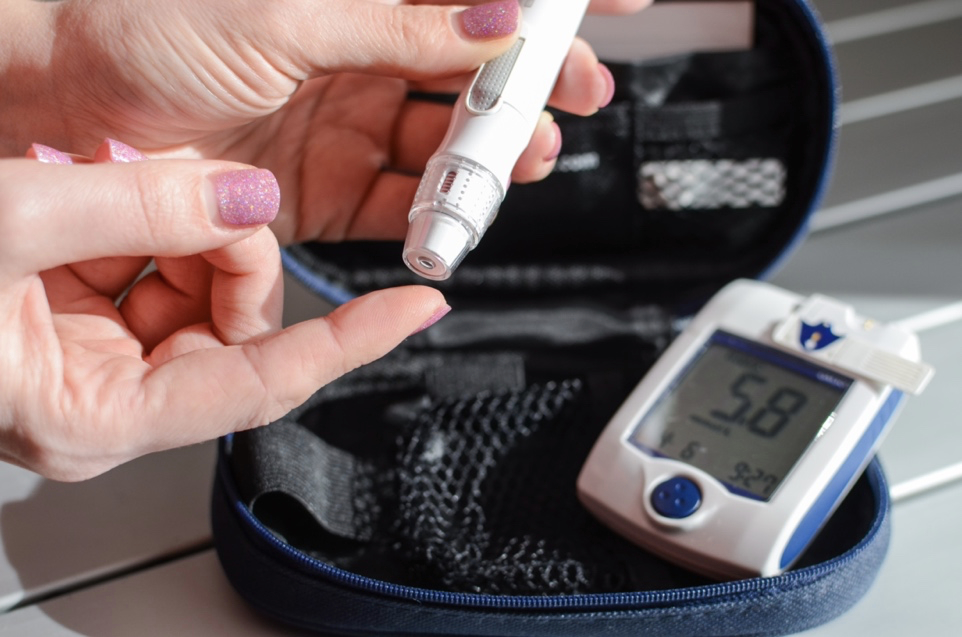
Diabesity: The Connection Between Diabetes and Obesity
Obesity raises your likelihood for several serious health conditions, including hypertension, heart disease, osteoarthritis, and several types of cancer. Type 2 diabetes is one of the most common obesity comorbidities—so common that the occurrence of diabetes in obese individuals has been unofficially dubbed “diabesity.”
How Diabetes is Linked to Obesity
Besides obesity, there are multiple other factors that affect an individual’s chances of developing type 2 diabetes, including their family history, age, race, and medical history. However, being overweight or obese is the largest risk factor for type 2 diabetes. 90% of people with type 2 diabetes are overweight, and those who are overweight are six times more likely to develop type 2 diabetes.
Why? Especially in those with a high amount of abdominal fat, research suggests excess lipids accumulate in the liver, leading to a lower sensitivity to insulin. This insulin resistance, in turn, leads to type 2 diabetes.
Diabesity and Weight Loss
Between the multiple risks of both obesity and diabetes, it’s safe to say that treating diabesity is essential to improving your overall health. While there is no cure for type 2 diabetes, weight loss is the best way to manage the condition, and some patients even enter remission. If you don’t currently have diabetes but are overweight, reducing your body weight by just 5% can lower your odds of developing type 2 diabetes by over 50%.
A healthy, balanced diet and regular exercise are the best ways to lose weight. Your doctor or surgical team can help you develop a diet plan tailored to your needs, but a diabetes-friendly diet looks very similar to a healthy diet for those without diabetes. Focus on eating balanced meals that are fiber-rich and include healthy sources of carbohydrates, like whole grains, fruits, and vegetables.
Portion size also plays a role in losing weight. If you struggle with portion control, meal prepping and pre-portioning may help.
When it comes to exercise, aim for 30 minutes a day—it’s okay if you’re not there yet, but it’s a good goal to work toward. Exercise lowers your blood sugar levels by triggering glucose uptake, combatting insulin resistance. It also has multiple other health benefits that work to prevent diabesity comorbidities, including lowering your blood pressure and LDL cholesterol levels.
Read More: Planting a Garden with Your Dietary Needs in Mind
Treating Diabetes with Bariatric Weight-Loss Surgery
For some individuals suffering from diabesity, diet and exercise alone may not be enough to reach their weight-loss goals. In these cases, your doctor may recommend bariatric surgery, which has been shown to be effective in combatting type 2 diabetes.
When considering bariatric surgery, it’s important to find a surgical team and facility that has your best interests in mind. At Wellstar Comprehensive Bariatric Services, our bariatric surgery team understands the importance of pre-surgery education and post-surgery aftercare. We are dedicated to supporting our patients through every step of their weight-loss journey, serving Marietta, Cobb County, West Georgia, East Cobb, and beyond. If you’re seeking a trusted weight loss surgeon in East Cobb, we are here to provide expert care and personalized support. Contact us today to know more.
